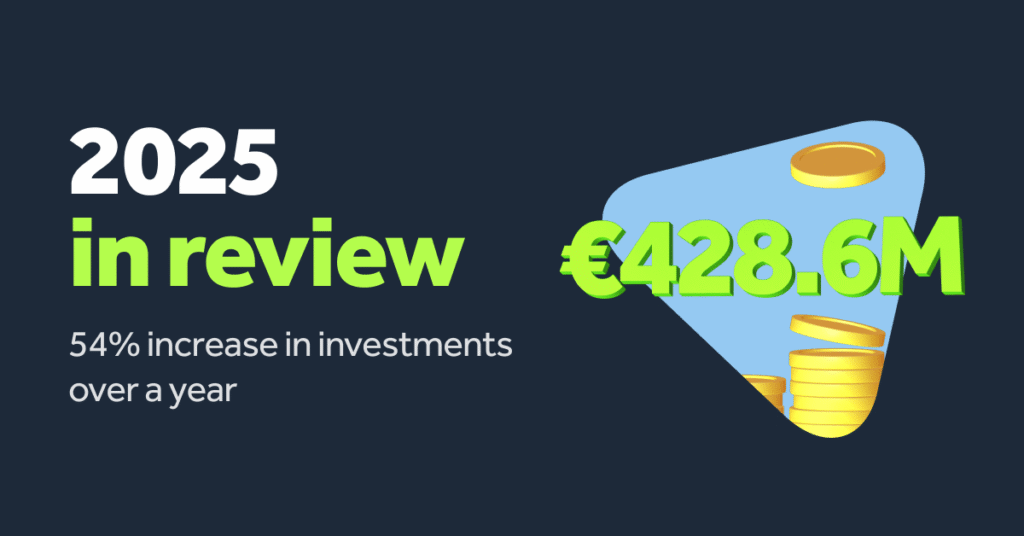Starting your investment journey can be overwhelming. There are so many investment options to choose from. But how do you know which is best for you? In this article, you’ll find 4 main investment options with brief explanations, making it easier to choose the right one(s) for you.

4 Tried-and-tested investing options
There are many different investment options. But if you’re just getting started, it’s better to stick to the more well-known ones so you’ll feel less overwhelmed. Here are four tried-and-tested investment methods that you could choose to start investing:
1. Stocks
Stocks is one of the preferred investment options that help reach bigger financial gains compared to its alternatives. However, with more significant gains, you also carry higher financial risk.
Stocks of individual companies tend to go up and down frequently — this changes depending on the market situation. If your stock value is lower than the price you bought it on the day of sale, you lose money.
However, if your stocks demonstrate stable growth, you can earn much more than on the interest rates of other financial instruments such as government bonds or ETFs.
2. P2P lending
Peer-to-peer (P2P) lending is an investment option based on lending money to individuals or businesses using online apps. P2P apps such as Bondora match vendors and borrowers and let you start with an investment as small as €1.
Small entry barriers and low operational costs are the top reasons for individual investors to consider P2P lending as their primary investment option.
With P2P lending, people who lend money can receive a higher profit on their investment than traditional savings accounts.
Starting with P2P lending is easy. All you have to do is open a free account, add money to your account, and select your risk-rating that you’re comfortable with or choose the suggested options.
Depending on the platform, you will start earning returns immediately and can withdraw your money whenever you want.

3. Real Estate
Real estate is one of the safest and the least risky investment options. But not everyone has the right amount of money (or qualifies for a mortgage) to buy a second property to rent out.
Renting out a property is a traditional way to earn on real estate, but it’s not the only one. For example, you could buy property, repair it, and sell it at a higher price. You can repeat this process many times and increase your profit.
The secret to success with both methods is choosing the right location of your property (so you can sell or rent it fast) and a meticulous calculation of your desired ROI.
4. Exchange-traded funds (ETFs)
ETFs are a basket of securities containing different investments — bonds, stocks, or commodities. ETFs are investment funds that rely on a specific index — S&P 500 can be an example of one.
The mechanism of trading ETFs is similar to mutual funds, but for a few differences. Managed funds are often a more expensive investment option as you pay hefty commissions to managed fund managers. With ETFs, operation costs are much lower.
Unlike managed funds, ETFs let you exit your investment at any time.




